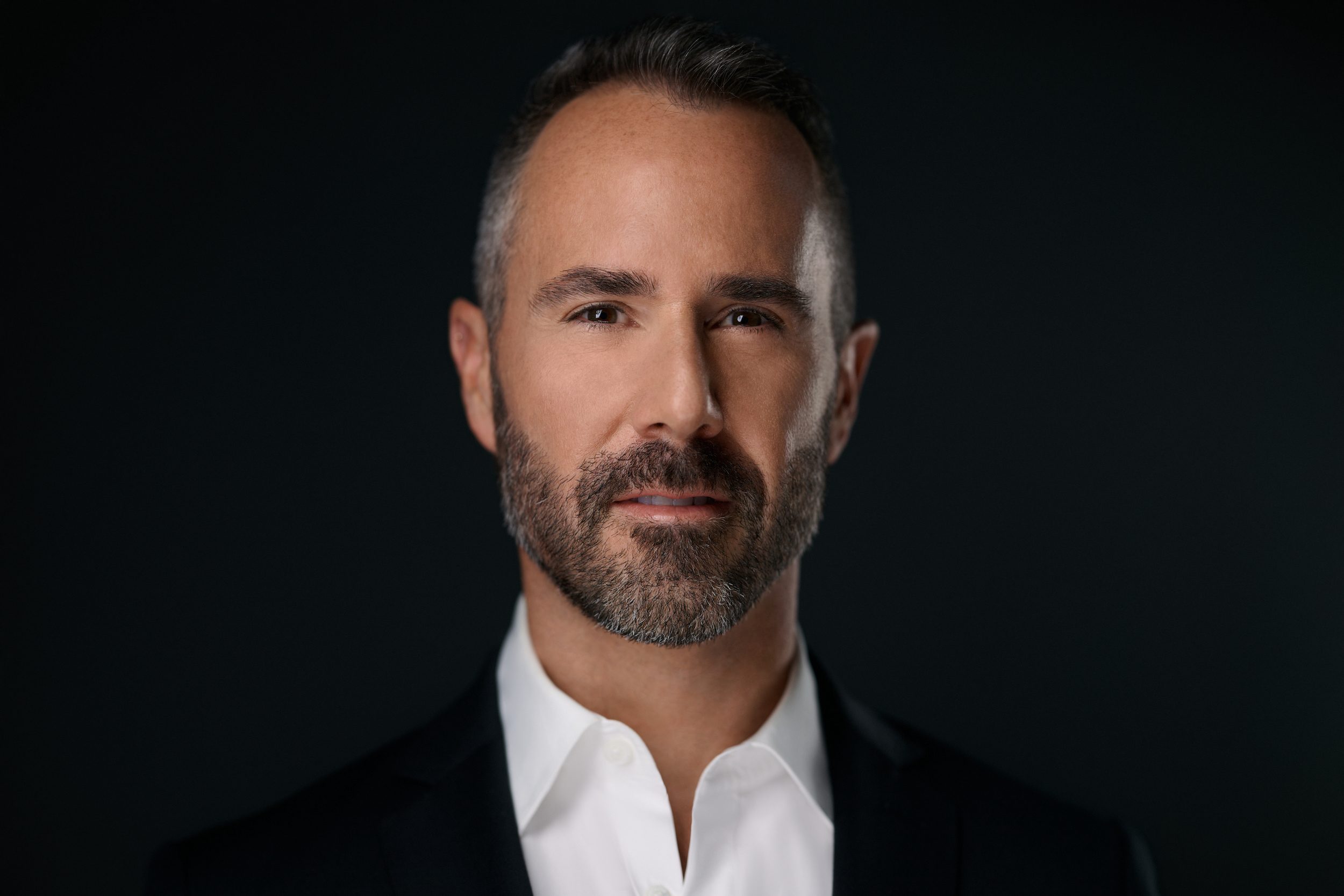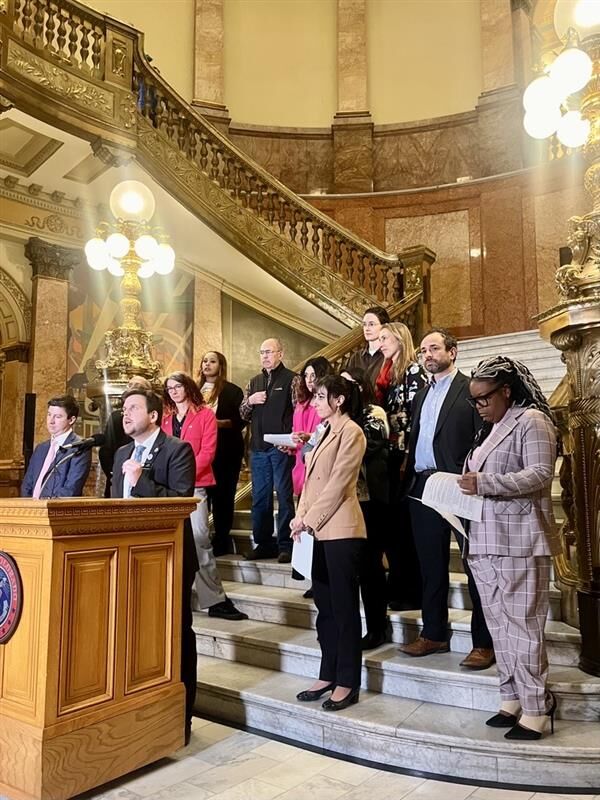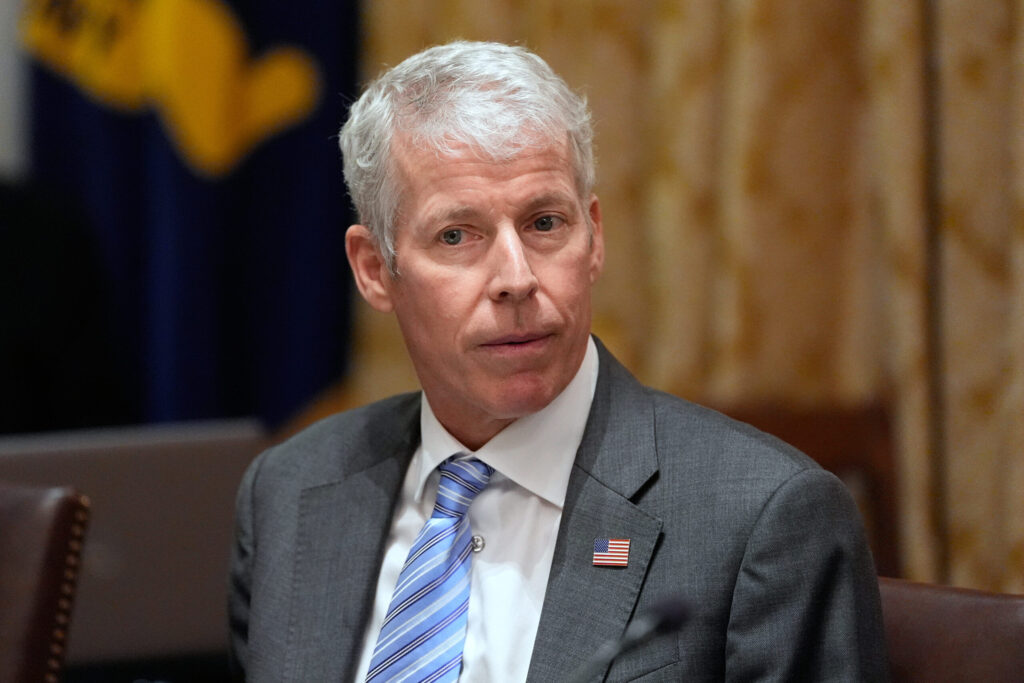Dan Baer charts ‘bullish’ course for America as cooperator-in-chief in new book | TRAIL MIX

Dan Baer is bearish about the challenges faced by the United States.
As nearly a century of American dominance in the world gives way to an unknown future – shaped by rapid globalization, unforeseeable technological changes and intense pressures, including climate change, pandemics and resurgent authoritarianism at home and abroad – Baer warns that the trials the country is confronting could be “bigger than we even realize.”
But, he insists, they are neither innumerable nor insurmountable.
“We could actually list the 10 that are the most pressing, and you and I would probably agree on eight out of the 10,” the geopolitical expert told Colorado Politics in a recent interview. “And the problems are not insurmountable, in the sense that we have enormous agency, if we choose to use it, that can solve or at least make progress on almost all of them.”
That’s why Baer says in a new book that he’s “still bullish” about the country’s prospects to lead on the global stage.
Baer’s “The Four Tests: What It Will Take to Keep America Strong and Good,” published this month by Avid Reader Press, an imprint of Simon & Schuster, lays out the areas he argues the U.S. must navigate in the next decade in order to secure a leading role for the next 50 years: scale, investment, fairness and identity.
Baer calls his book “an invitation to make that bet with me, and an exploration of the things that we have to do together to make that bet pay off.”
The 46-year-old holds the No. 2 position at the Carnegie Endowment for International Peace, where Baer serves as senior vice president for policy research and director of the nonprofit’s Europe Program. He was a U.S. ambassador and State Department official under President Barack Obama and served as executive director of the Colorado Department of Higher Education under Gov. John Hickenlooper.
Baer grew up in Evergreen, holds a doctorate in international relations from Oxford and twice sought the Democratic nomination for federal office in Colorado. Both times, he withdrew after heavyweight Democrats declared their candidacies – when then-U.S. Rep. Ed Perlmutter changed course and decided to seek reelection in 2018 in the 7th Congressional District, and when Hickenlooper dropped his presidential bid and instead ran for the U.S. Senate in 2020.
Baer and his husband, Brian Walsh, an economist at the World Bank, live in Washington, D.C.
The book – his first – drew pre-publication plaudits from prominent voices across the political spectrum.
“This is a book for those who still believe – in their fellow Americans, in our shared future, in what we can be and do together with patriotism, empathy, and hard work,” declared Hillary Rodham Clinton, a former U.S. senator, secretary of state and the 2016 Democratic presidential nominee.
“In ‘The Four Tests,’ Daniel Baer puts forward an ambitious agenda for building an America that is stronger, healthier, and more united – agree or disagree, his ideas are worth engaging seriously,” blurbed Ben Sasse, an author, academic administrator and former Republican U.S. senator.
Evan Osnos, a New Yorker staff writer and author of “Wildland: A Journey Through a Divided Country,” called Baer’s book “an unflinching but hopeful manifesto for any citizen who wants to look clearly at ourselves and make practical choices for the future.”
Baer spoke this month with Colorado Politics about what inspired “The Four Tests” and why he remains optimistic that the United States can defy undeniably steep odds amid what he describes as “a world-historical inflection point.”
“I was moved to write the book because there are so many analyses that diagnose the challenges we face in ways that, I think, could understandably leave people feeling either pessimistic or cynical or both,” Baer said. “In a sense, the whole point of the book is the last line, which is that you can think that our odds are a million-to-one or 10-to-one – it doesn’t really matter what you think the odds are – but there’s no morally defensible thing other than to try, there’s no real choice about whether you keep trying.”
Baer’s premise is that the U.S. has little time to adapt from its accustomed role as the world’s unquestioned superpower to its new role as a key leader in a multipolar world.
“The era of de facto American dominance has ended,” Baer writes. “We live now in an era in which American leadership – real leadership that involves rallying partners behind purpose and engaging in the give and take that is part of any group dynamic – is essential.”
Pretending otherwise, he maintains, will only delay – and could undermine – the inevitable reckoning.
“Paradoxically, by acknowledging that the U.S. is not in a position to give orders by virtue of its superpower status, the U.S. can end up with more enthusiastic partners – on military and defense, technology and research, trade, and so on – than it would if it held on to the pretense of the world being stuck in 1991 or even 2005. An implicit acknowledgment of the changing geopolitical context, and a shift in U.S. approach and behavior, adds to the credibility and influence that the United States has.”
Baer told Colorado Politics that it’s important to keep in mind that the world has found itself at high-stakes, global turning points before.
“In some sense, the beginning of the last century also had a rise of populism, a degradation of the information environment in the sense of yellow journalism,” he said. “There are some familiar kind of trends.”
Unlike the last time the world’s power structure reshuffled, however, “one of the things that I’d like to avoid is a large scale world war,” Baer added with a rueful chuckle.
“Part of what I’m trying to do is make the case that we can recognize these trends and take actions without waiting for it to be proven to us how precious institutions are, how important it is to uphold values in a moment when those values are under threat,” he said. “It’s a serious moment. I don’t think it’s impossible for us to confront it, and I think it’s urgent that we try to do so.”
Also unlike a hundred years ago, Baer noted, it isn’t as clear, from an American perspective, how to reach a desirable outcome.
“At the beginning of the last century, there was a kind of handoff going on from British hegemony to American hegemony, in some sense,” he said. “The Brits could conceive of the decline of British primacy and the end of empire without it being a huge risk to the welfare and well-being of the people of Great Britain, because they had somebody to hand the football to, which was another liberal democracy, one with which they had close ties.”
“In this case, the fundamental challenge for us is there is no other liberal democracy for us to say, ‘OK, you’ve got to do this now,'” he said. “Instead, we have to innovate, we have to do this in a different way. We have to recognize that it’s going to take American leadership, but it’s also going to take burden-sharing by others who share our values, who are prepared to work together to solve global challenges. We have to hand off to a board of directors instead of a single actor – we can still be the pivotal player and what I called the ‘cooperator-in-chief,’ but it’s a more complicated handoff.”
Baer said recent events have both encouraged and discouraged him.
Among the hopeful signs: The international response to Russia’s invasion of Ukraine, which Baer called a “staggering” example of the U.S. taking the lead in a multilateral effort; Congress passing last year’s Inflation Reduction Act, demonstrating the U.S. can make the kind of investments he says are necessary for the next half century; and an emerging, bipartisan consensus “that in a more complicated, capital-intensive, global economy, the United States in order to compete has to do more to invest in the skills of our workers and in staying ahead of the game from a technological and scientific standpoint.”
On the flip side, Baer cited the GOP-led House of Representatives’ failure to pass appropriations bills as a government shutdown looms.
“That circus-like behavior over the budget of the U.S. federal government may make for good cable TV and good fundraising emails for politicians, but it makes America weak in the world – not only because we’re not funding our government in the way that we need to in order to be a strong actor in the world, but because it makes us look foolish in the world, and it diminishes our example,” he said.
Baer pointed to the starkly polarized politics that underlie the impasse.
“Like most Americans, I’m deeply distraught by the divisions between us,” he said. “I think it’s a national tragedy, and I don’t think it has to be that way. But I also believe that there’s enormous resilience in our institutions. I think we do have enormous national assets – I wouldn’t trade places with any country on Earth. It’s a challenging world. There’s plenty to be depressed about or pessimistic about, but if you’re going to bet on any country in the world, I’d still bet on America.”
Ernest Luning has covered politics for Colorado Politics and its predecessor publication, The Colorado Statesman, since 2009. He’s analyzed the exploits, foibles and history of state campaigns and politicians since 2018 in the weekly Trail Mix column.














